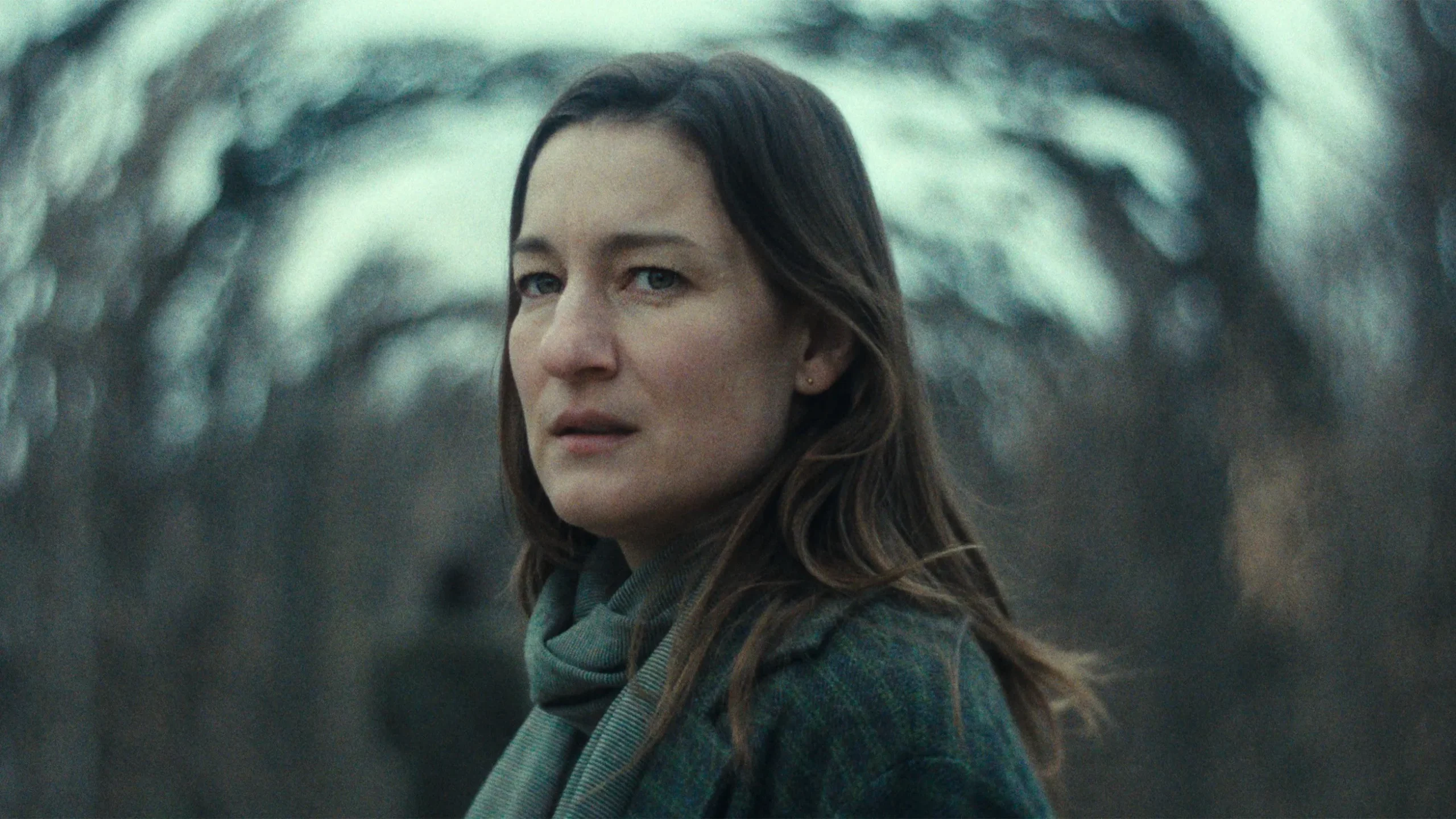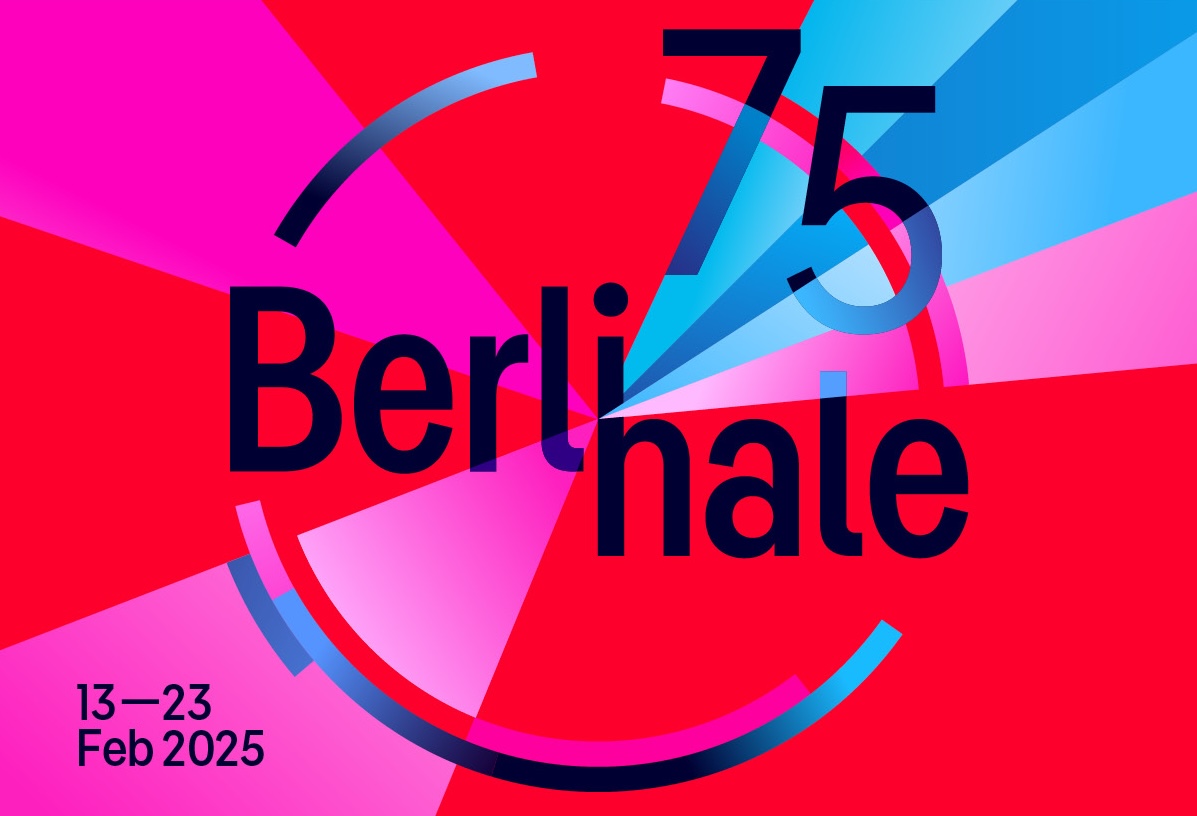Mother’s Baby

With the global rise of the far-right and their limitation of access to reproductive health, the subject of motherhood is taking on an increasingly important role in film. These trends can be easily witnessed at festivals such as the Berlinale, where more than one feature in Competition tackles expectations of becoming a mother and what happens if one does not feel fulfilled by it.
One of these contributions is Mother’s Baby, a German-Austrian production that plants this misalignment in a changeling narrative.
Before ending up in Dr Vilfort’s (Claes Bang) practice, Julia (Marie Leuenberger) and Georg (Hans Löw) have seen every other specialist and tried all possible methods of conceiving. Contrary to the other doctors, Vilfort is confident of his success, and goes so far as to promise the couple a child. And as if by magic, Julia ends up pregnant! Complications arise during the delivery and the baby is immediately taken to another room for mechanical ventilation. The next morning, the incident is played down and they are allowed to take their son home. But Julia constantly finds something wrong with him, and even starts to question whether he is truly their offspring.
Writer and director Johanna Moder purposely tries to leave all doors open to allow for every possible interpretation of the situation. Is it postpartum psychosis Julia is experiencing or is Dr Vilfort really a sinister Frankenstein figure? Has the child been enhanced with regenerative axolotl genes that were able to combat being stillborn, or was the family merely given an entirely different replacement baby? The film dictates no answers, only leaves questions (unfortunately also some pertaining to its logic) and an unsettling feeling of alienation in its wake.
The title stems from the saying “Mother’s baby, father’s maybe,” which is all too briefly alluded to, but immediately invokes tacky television dramas like False Positive. Paired with the noncommittal use of genre conventions, any such implications rob the film of all sincerity and purposed social commentary, which is lost amid the tonal shifts.
Danish actor Bang, best known for his work in English-language productions (The Northman, Bad Sisters) or speaking his mother tongue in Swedish film The Square, performs equally confident in German. His authoritative and dominant aura adds just the right amount of otherness to the homely cast, without becoming too exotic a figure and potentially bringing with it xenophobic implications. Löw manages to cultivate the thankless role of the eclipsed father, who only tries to find solutions that suit everyone, into a congenial figure, while Leuenberger takes many risks that can potentially alienate viewers and hinder them from relating to her.
In its exploration of an Austrian infant conspiracy, Mother’s Baby bears certain similarities to another Berlinale title: Welcome Home, Baby – actress Julia Franz Richter even appears in both. Likely due to their semblance, the latter only screens in the Panorama section of the festival, when in actuality, director Andreas Prochaska displays a better hand commanding genre elements and weaving them into his plot for metaphorical purposes.
Viewers who don’t take Mother’s Baby too seriously and are happy to embrace its stylistic features without questioning their purpose will be able to have a good time with the movie. However, its selection into the Competition of a major festival that celebrates cinematic excellence is somewhat baffling due to its limited artistic merit.
Selina Sondermann
Mother’s Baby does not have a release date yet.
Read more reviews from our Berlin Film Festival coverage here.
For further information about the event visit the Berlin Film Festival website here.
Watch the trailer for Mother’s Baby here:






















Facebook
Twitter
Instagram
YouTube
RSS